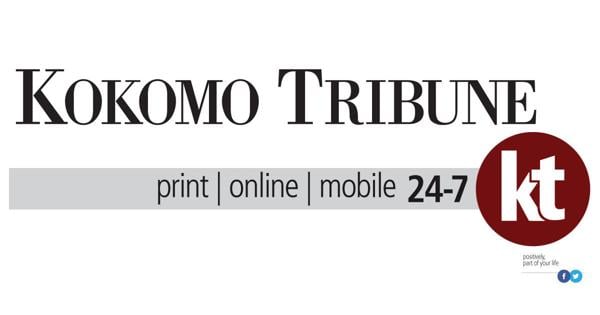Improve Your Health Knowledge


As individuals progress into middle age, they frequently encounter a series of preventive health assessments and procedures that have become increasingly recommended in contemporary healthcare. This phenomenon is particularly pronounced among women, especially those with a familial history of various medical conditions. Understanding one’s health background can play a crucial role in identifying potential risks and ensuring proactive management of health.
For many, the journey towards understanding their genetic predispositions begins with a search for family medical history, which can be both insightful and overwhelming. One individual recounts their own experience with this process, emphasizing that gaining valuable information about her birth parents’ health was a significant motivation in her pursuit. Such information can be a double-edged sword; while it provides necessary insights for both personal well-being and the health of one’s offspring, it can also introduce complexities into one’s life when contrasting family health histories are discovered.
In her case, the health records of her birth father were reassuring, indicating a lineage with minimal health concerns. In contrast, her birth mother’s medical history presented a starkly different narrative, culminating in additional stressors and considerations for her own health and the health of her two sons. This exemplifies a common reality faced by many individuals who seek to understand their genetic health backgrounds—the potential for anxiety stemming from hereditary health issues.
Engaging in preventive healthcare is a vital step in managing one’s well-being. With advancements in medical technology and an increased emphasis on personalized medicine, healthcare providers now recommend various screenings tailored to individual risk factors that emerge from family health histories. For women, particularly those with significant family health issues, this can include routine examinations like mammograms, pap smears, and genetic testing, which focus on determining risk levels for certain conditions.
Navigating middle age involves more than just adapting to lifestyle changes; it necessitates a proactive approach to healthcare and awareness of personal health legacies. By understanding their family medical histories, individuals can better prepare for potential health challenges, making informed decisions that promote longevity and quality of life. Ultimately, the pursuit of health knowledge can empower individuals, guiding them towards a more health-conscious future.




